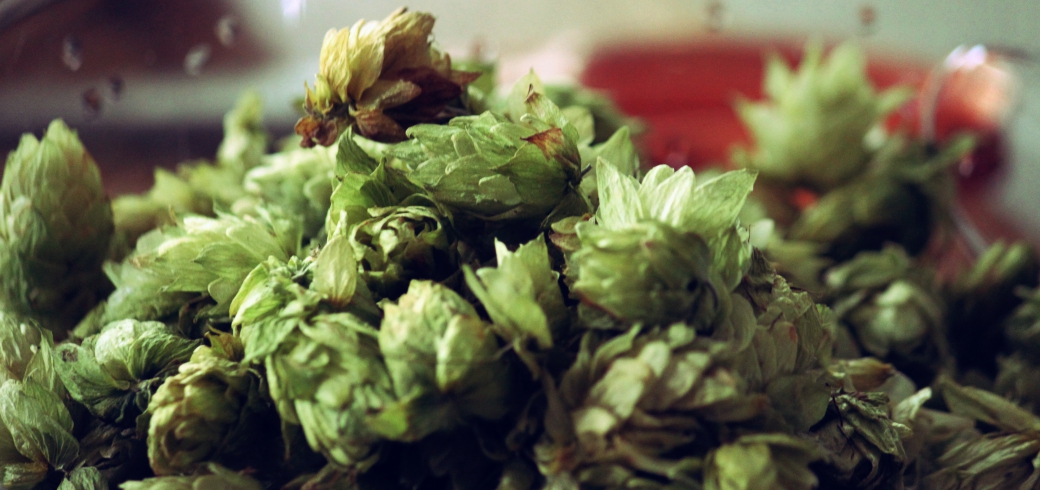The German beer purity law, or Reinheitsgebot as it is called in the original German, was adopted in Bavaria in 1516—exactly five centuries ago. But is it, in fact, a celebratory matter?
German Beer Purity Law Story
The German purity law did two things: established a list of the ingredients allowed for use in the production of beer (hops, barley, and water) and regulated the formation of prices. The original version of the legend behind this law says that the law was enacted to ensure the utmost quality of German beer. Since that time, the Reinheitsgebot was often used as a selling point for German beer that is supposed to be much purer and all the way better than the competing foreign beer.
Other people say that the Duchy of Bavaria did not care that much about the beer quality. Instead, the Bavarian rulers wanted to save wheat and rye for bakers and protect local brewers from beers produced Northern Germany that often contained various additives.
In 1871, Bavaria even made the Germany-wide application of its beer regulations one of the conditions for their participation in the unification of Germany. The Reinheitsgebot in a slightly expanded form is still in force in modern Germany. According to the German purity laws, beer brewers now can use yeast along with water, malted barley, and hops; some exceptions can be made on a case-by-case basis.
Modern Changes
The German beer purity law will be celebrating its 500th anniversary on April 22, 2016. While many German companies continue to use Reinheitsgebot as an efficient tool in their marketing, some craft breweries grow increasingly unhappy with this piece of legislation. Nowadays, moderate beer consumption becomes a major trend, and beer lovers are looking for new types of beer and beer flavors. Many voices, both inside Germany and abroad, say that the Reinheitsgebot limits German brewing industry and slows the adoption of popular modern tendencies like craft brewing.
Today, imported brands of beer account for almost 8 percent of German annual consumption. As per the terms of the German purity laws, these beers should be called “mixed beer beverages” or something along that lines. Younger Germans often prefer American craft beers to the classic “pure” German lager. It seems that the time has come to rethink the 500-year-old law to allow more creativity in the beer brewing process.
